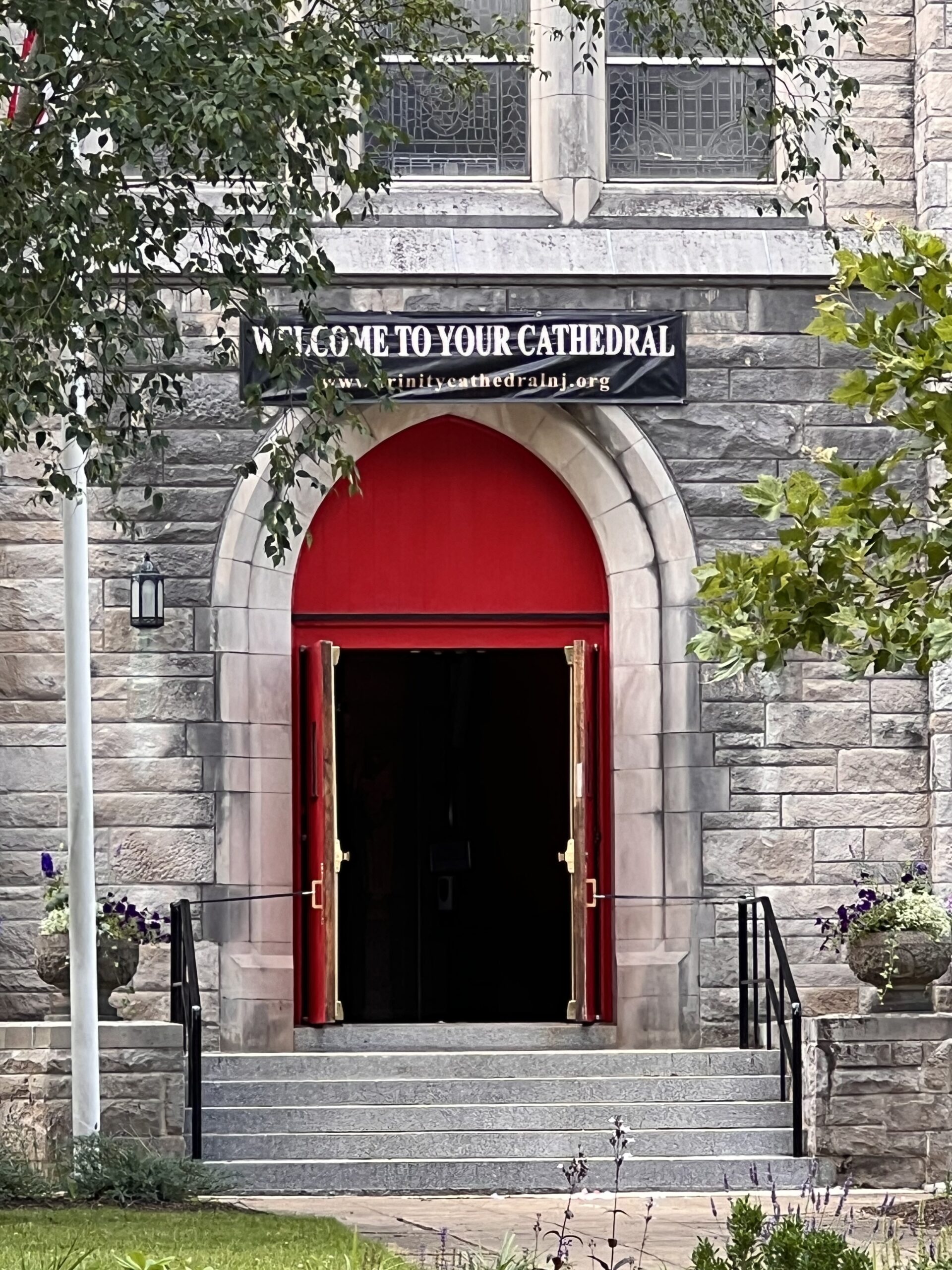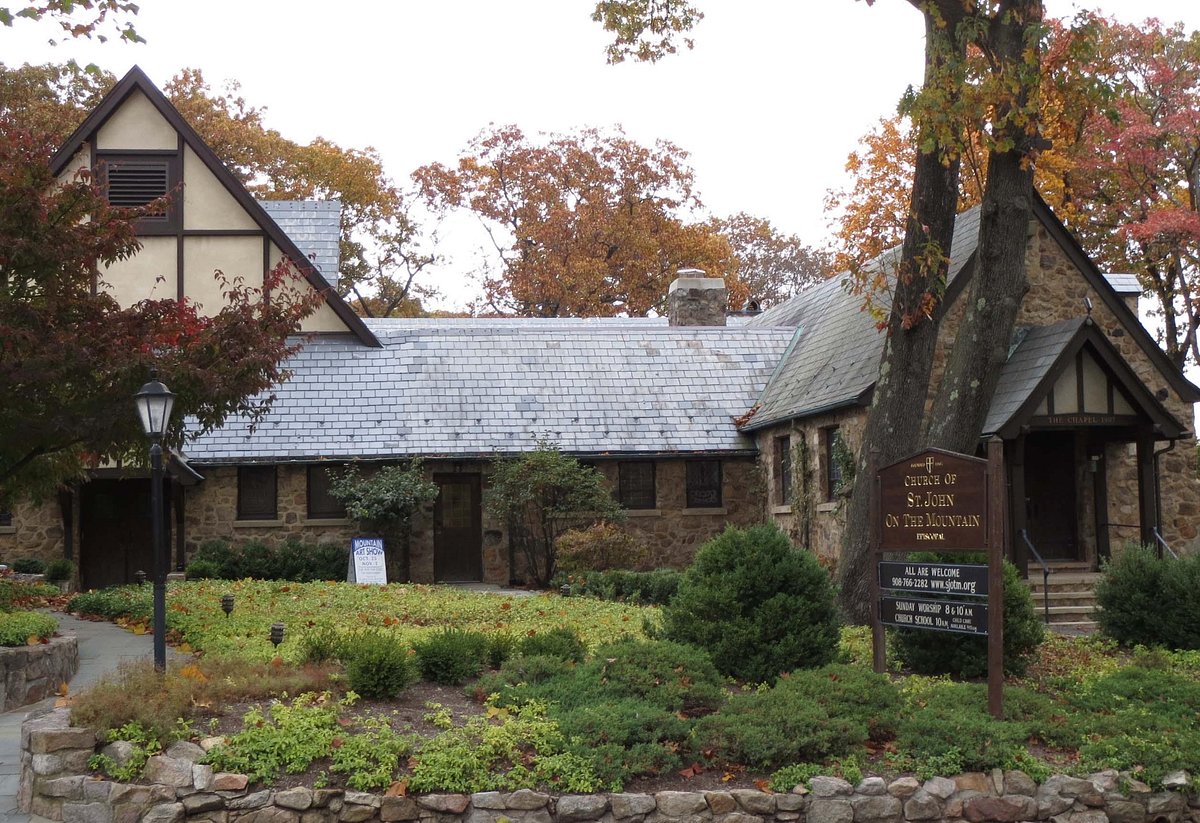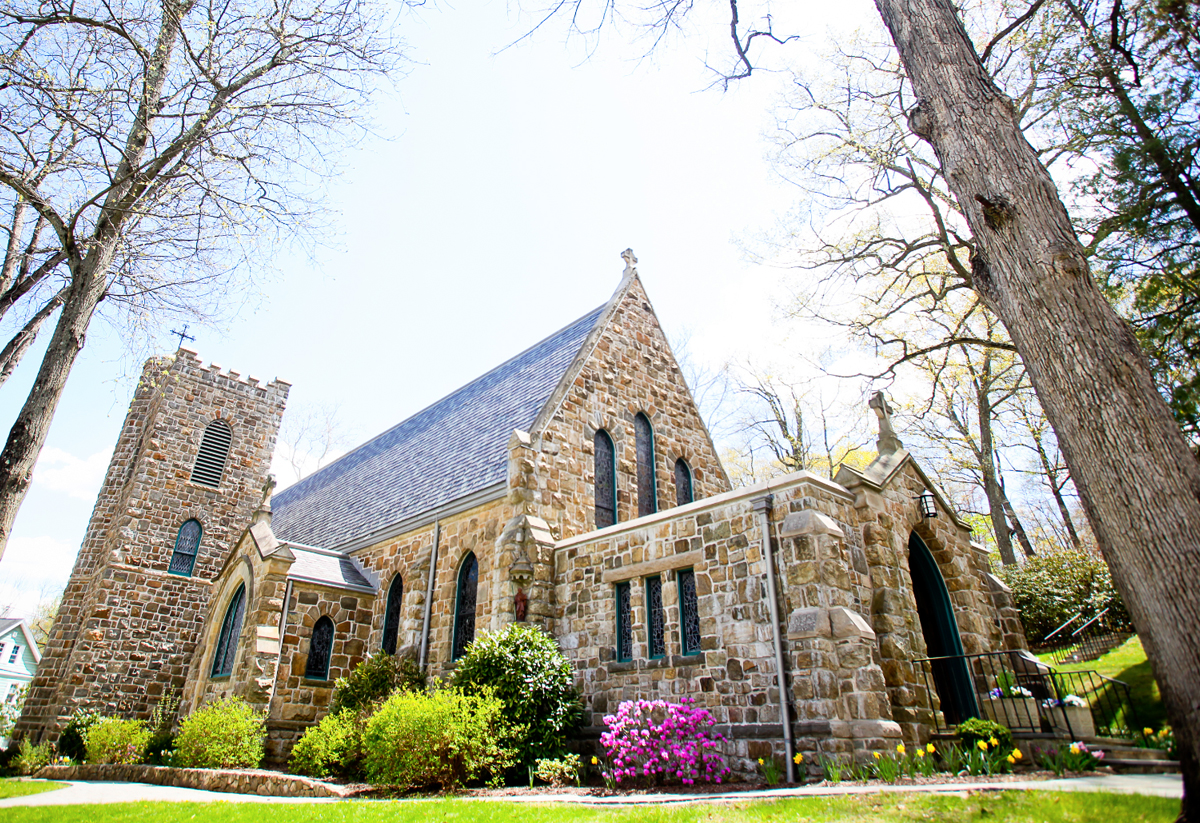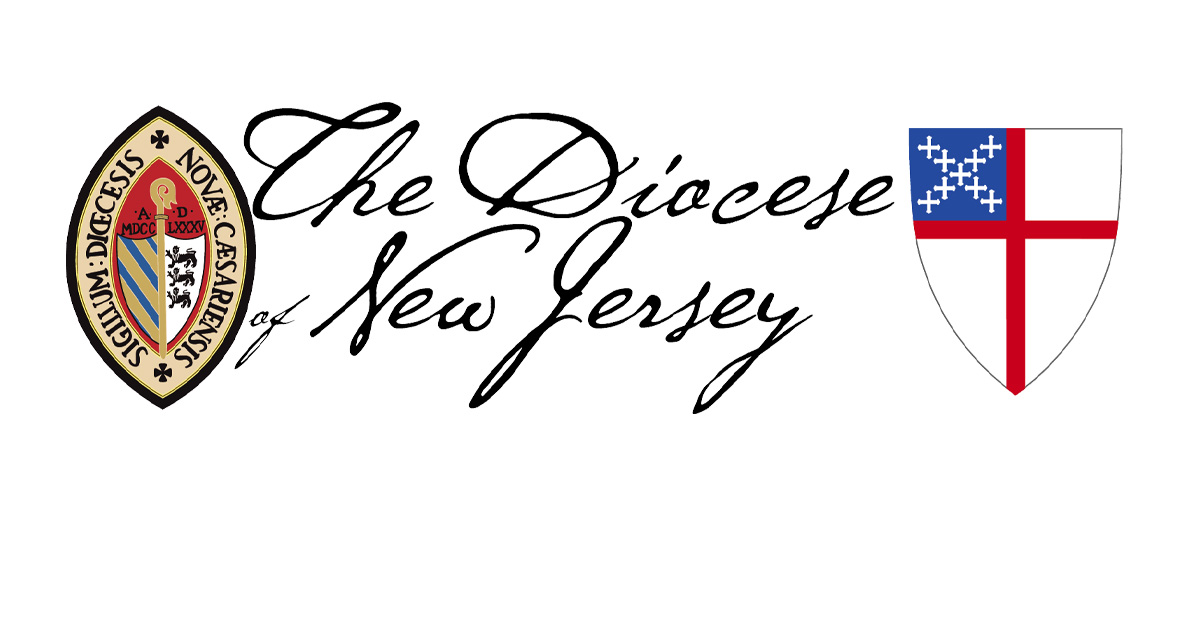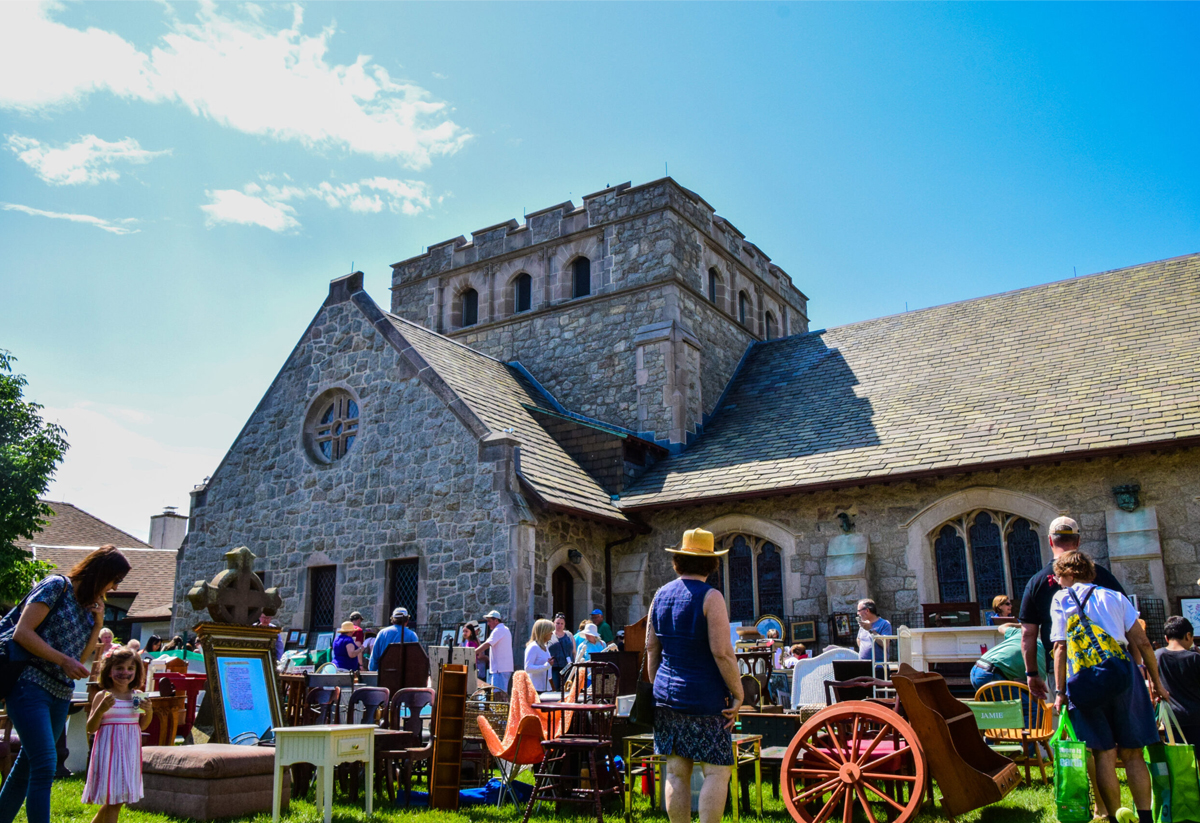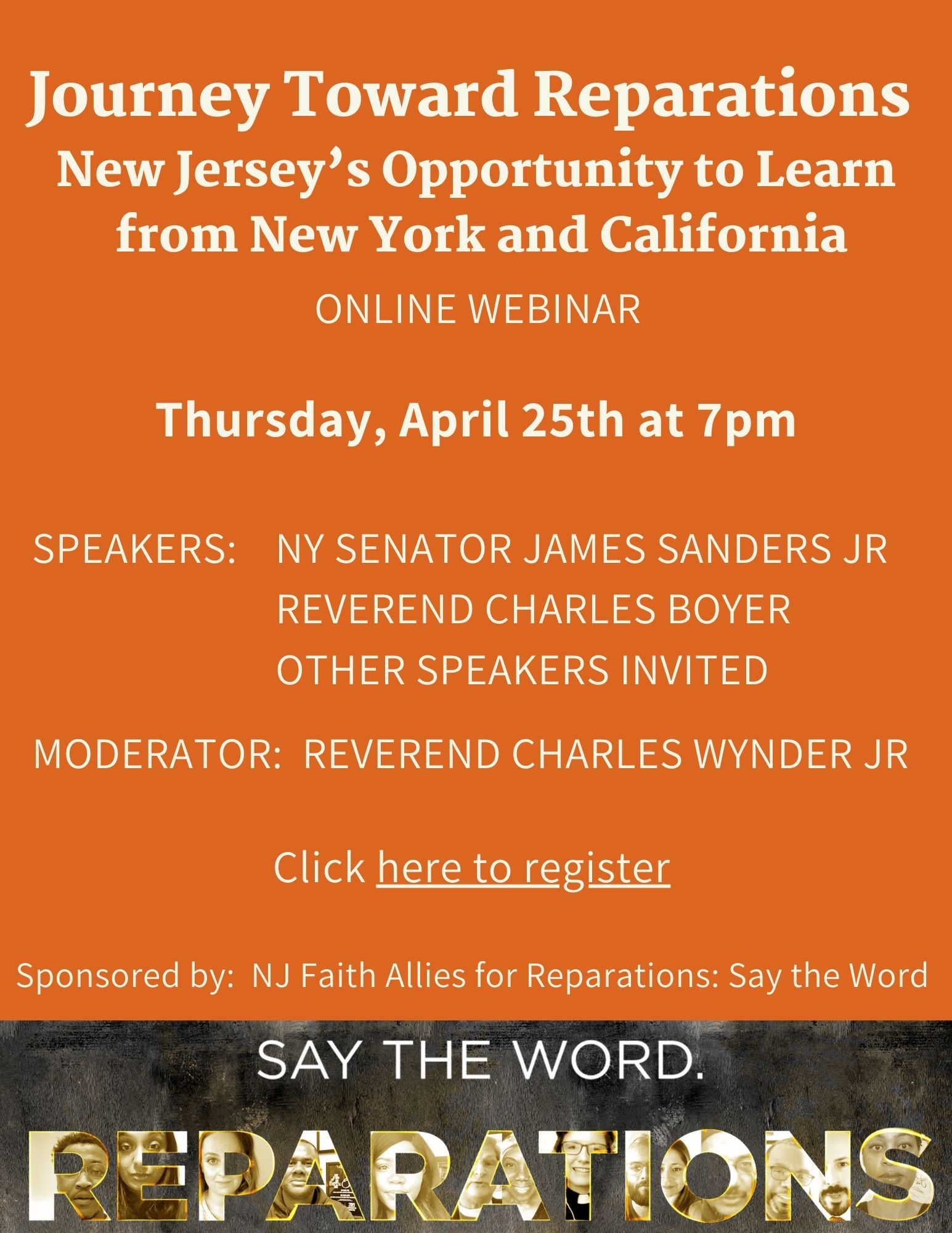The Keynote Address to Convention:
The Most Reverend Dr Katharine Jefferts Schori
Friday, 5 March 2010
The Episcopal Church is growing — in a few places. In the last year, four United States dioceses grew both in average worship attendance and baptized membership: Navajoland, North Dakota, Wyoming, and Alabama. Most of our overseas dioceses are growing numerically. The rest are shrinking, either slightly or precipitously.
There are lots of reasons why this is happening. It’s not primarily about theological differences, for we grew slightly in the late 1990s. The decline began about the year 2000, well before the election in New Hampshire. Conflict in the church doesn’t help, but that’s only a small part of the story. There are cultural components — even in the Bible Belt, there is no longer the assumption and expectation that everyone is in church on Sunday morning. Soccer games, Starbucks, and lots of other things happen then. The fastest growing religious affiliation in the United States is “none of the above.” That includes 16% of all adults but one-quarter of 18-29 year olds. One-quarter have no religious affiliation.
For a long time, this Church depended on evangelism by reproduction. We brought new Episcopalians with us when we came to Church — they were our children. With the average Episcopalian now 57 years old, we’re not bringing so many little ones any more. The average American is 37, which may begin to give you an idea of how skewed our population is.
Episcopalians have long expected others to come and join us, either because of our reputation, our “class act” if you will, or by birth into the family. We have never learned to do active evangelism very well, because we didn’t see the need. Most of us, that is, who are not represented in the evangelical wing of this church, who have always understood the urgency. That’s the part of this Church that has always found it hardest to stay in the diverse Anglican fold — maybe because the rest don’t always understand the urgency.
This Church can grow — and the statistics back that up. We did grow in the late 1990s, when other mainline denominations were declining. We’re growing in immigrant communities and overseas dioceses. The reality is that the church of this century is likely to look quite different than the church of 50 years ago or even 15 years ago. For one thing, if it’s going to grow, it’s going to be far less white – the fields are ripe for harvest, but not necessarily white for harvest. This church is 87% white; 6 % African-American, 3% Latino, 1% Asian, 1% Native American. The United States part of the church, that is. The U.S. population is significantly more diverse [two-thirds non-Latino white, 13% African-American, 15% Latino, 4% Asian, and 1% Native American], and New Jersey even more so. Native Americans are the only group represented at the same rate in The Episcopal Church as in the larger population. All other non-white populations are significantly under-represented.
The theme of this convention is “go forth for God.” It’s not “sit here and wait for people to turn up for God.” God tells Abram to “go from your country and your kindred and your father’s house to the land I will show you” — God says, “Leave home!” We have to be willing to leave our lovely churches, and walk out our beautiful red doors and discover God already at work in the larger community. The work that you’re doing here in campus ministry is a great example. Younger generations are an invaluable part of this Church and are assets to it.
A dozen young adults, both women and men, are part of the United Nations Commission on the Status of Women – the youth delegation – meeting in New York this week and next. They are asking wonderful questions about how to improve the lives of women, how to ensure women’s reproductive rights. They are talking about the effects on women during wars, they are talking about war in general, they are talking about what to focus on here in the U.S., how the church can be a support for GLBTQ people, and they are talking about a whole raft of other things.
When I asked what they would want the larger Church to know about them and their peers, they said things like, “we’re passionate; we value and want to be in relationship with our elders; we are not just interested in technical communication like Facebook and texting – we want face-to-face relationships; we are Episcopalians because we find Episcopal spirituality fits us best, and we need more flexibility in worship.” Many of them have become Episcopalians very recently, either by baptism or conversion from another tradition. They are idealistic and urgently interested in changing the world. Yet almost no one in this room is going to meet them by staying home.
If we really want to follow Jesus, we are going to have to leave home. That’s a good part of what he means by saying, pick up your cross and follow me. It doesn’t just mean you’re going to have to suffer. It means get on the road, see new territory, and experience God in new situations. Leave your comfortably padded pew. Pick up your cross and see the world — from a new perspective. Have you ever thought about Jesus as a travel agent or tour guide? He is interested in leading us into new places.
One of the more effective evangelical tools right now does just that — it goes into the places where people spend time, at work and at leisure, and it gathers people who want to ask significant spiritual questions. Asking questions is actually something that sets Episcopalians apart from a lot of other traditions, particularly the ones who say there’s only one right answer and doubt is a sin. Remember that bumper sticker, “Question Authority”? I’ve never been sure whether it’s a description of somebody who’s good at asking questions or a challenge to keep asking difficult questions of the powers that be. But asking questions is a central part of our tradition. We don’t insist that doubt is a sin; we see doubt as necessary to growth.
Young people are hard-wired to ask questions — why? is the most characteristic word out of the mouth of a healthy developing child. ‘Why should I do that, why is the stove hot, why aren’t girls and boys always treated the same, why are some people poor, why has your generation left the world in such a mess, how can we bring peace to the world?’ When we stop asking questions like that we begin to die — spiritually, intellectually, emotionally, and probably physically.
Building communities where young people can ask the really big questions is one of the most important kinds of evangelism we can do — and the other important kinds of evangelism are about building communities where others can do the same thing. Theology on tap is a prime example — it offers welcome and hospitality, including a brew (caffeinated or spirited), conversation, and community. It is happening in bars. It is happening in coffeehouses. It is happening where people gather. There are ways to gather questioners, a number of them focused on faith in the workplace. We have always gathered to ask questions. The women’s guilds and men’s guilds in the church did similar work, but they expected people to show up in the church building to gather. We need to leave home and go out there to provide hospitable places for questioners!
One of the most powerful witnesses to going forth is what’s happening right now in Haiti. Almost all of the church buildings in the Diocese of Haiti have been destroyed in Port-au-Prince. The people of the Diocese are ministering to their members and their neighbors in the open air, offering hospitality to all comers. They haven’t just been sent forth, they’ve been propelled, shaken out of their homes and churches, and Bishop Zache tells us so. He said in a letter that he sent out today: “Despite the difficulties we face, many of our parishes have grown larger since the earthquake, because more and more people trust our Church and are turning to us for help spiritually, socially, and morally.”
Since 1785, the Diocese of New Jersey has provided transformative leadership and helped countless Episcopalians to live faithful lives. If you’re going to be here 225 years from now, it means taking up your cross and following Jesus down the road. There are an awful lot of people out there who need an opportunity to ask important questions — young people, Spanish speakers, Chinese and Russian immigrants, and many people who need to know they are loved whether they ask questions or not. We have something very important to offer all of them. Even an esteemed elder of 225 years isn’t too old to go out there and offer that kind of love and hospitality.
Are you ready?
Will you go?

